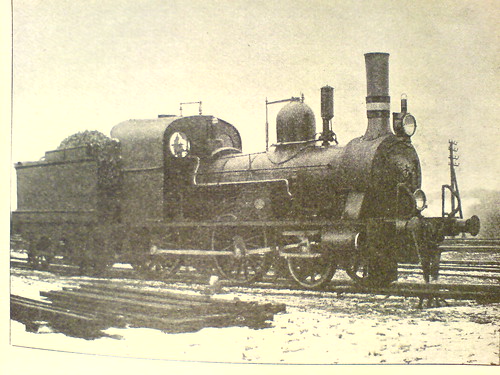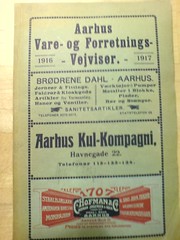English contractors building a railway in Jutland Denmark
and experimenting with copying an old book

Superintendent Engineer John Blair in 1875

View as slideshow (
Hullo, I'm Hugh W born in 1936 and always on line.


The original diaries are held in the series![]() WO 95. They are for British and colonial units serving in theatres of operations between 1914 and 1922.
WO 95. They are for British and colonial units serving in theatres of operations between 1914 and 1922.
They contain daily reports on operations, intelligence summaries and other pertinent material.
Many maps and plans were included in the original diaries and particularly confidential material was removed before the files were made available. This accounts for the absence of some appendices referred to on the covers of many diaries.
For more on these diaries please see the free research guide, British Army War Diaries: First World War, 1914-1918."

Et arkiv er en guldgrube af informationer om små og store historiske begivenheder og forhold. Men for at finde noget på et arkiv, skal man vide lidt om, hvor man skal lede. Du kan finde masser af vejledning her på sitet.
Vom Beginn des 13. Jahrhunderts bis 1864 war Schleswig ein selbständiges Herzogtum unter der dänischen Krone. Das älteste im Landesarchiv erhaltene Dokument ist die Schrage der Stadt Apenrade von 1335. Die wichtigsten Archive aus diesem Zeitraum sind folgende:
Amtsarchive der Ämter Hadersleben, Apenrade-Lügumkloster, Sonderburg-Norburg und Tondern (spezielle Akten des Südteils des letzteren finden sich im Landesarchiv zu Schleswig) sowie des Stiftsamtes Ripen, soweit es dessen im Herzogtum Schleswig belegenen Enklaven betraf, und einige wenige Akten des Amtes Flensburg enthalten wichtige Informationen zu nahezu allen Bereichen des öffentlichen Lebens.
Ab 1864/67 wurde Nordschleswig ein Teil der neu geschaffenen preußischen Provinz Schleswig-Holstein. Die Administration wurde weitgehend nach preußischem Muster umgestaltet und gestrafft. Als wichtigste Archive dieses Zeitraums seien genannt:
Landratsarchive mit den dazugehörigen Kreisausschussarchiven aus den neu gebildeten Landkreisen Hadersleben, Apenrade, Sonderburg und Tondern